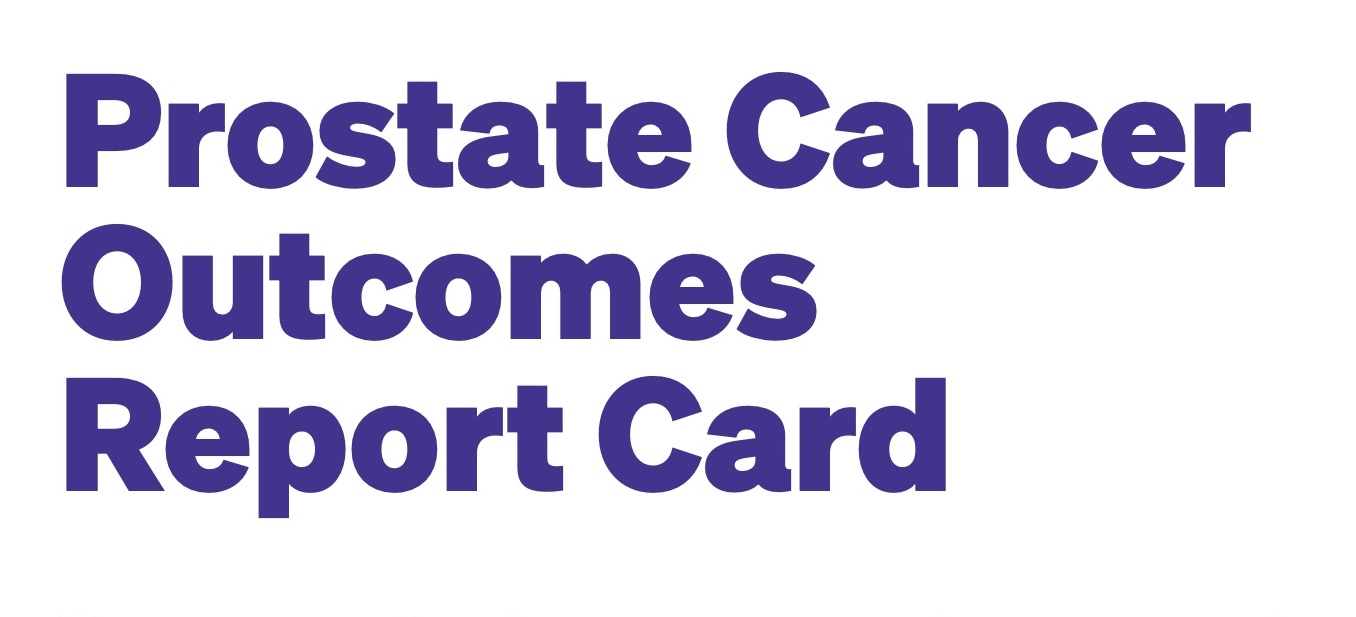Every week, more than 400 men are diagnosed with prostate cancer. With treatment, survival rates for prostate cancer are high, but understanding the treatment options and side effects can be confusing.
Now, a new prostate cancer resource – the Prostate Cancer Outcomes Report Card – hopes to make it easier for men and their families to better understand the treatment options and outcomes.
Created by a team of South Australian cancer researchers and specialists and led by the University of South Australia’s Dr Kerri Beckmann, it breaks down different treatment types and evaluates survival rates, cancer recurrence, secondary treatments, and any impacts on urinary, bowel and sexual function.
Backed by research, the Report Card is based on real-life data from 8513 South Australian men diagnosed with localised prostate cancer (2008-2018). It has been developed in collaboration with a consumer advisory group, interviews with men affected by prostate cancer, a survey among the general public, and feedback from clinicians.
UniSA researcher, Dr Tenaw Tiruye, says the new Report Card delivers clear, easy-to-understand and tailored information so that prostate cancer patients can make informed decision about their care.
“There are various treatment options available for men diagnosed with prostate cancer, each of which can have significant side effects on men’s physical functioning,” Dr Tiruye says.
“Patient preferences play a significant role in determining treatment choices, but often the available information is complex and overwhelming.
“Patients need access to reliable, comprehensive, simple, and up-to-date information about the potential risks and benefits of each treatment to reduce any unrealistic expectations about treatment outcomes and possible regret over their decisions.
“Providing easy-to-understand, accessible information in a single consumer-oriented report will help men better understand the treatment options and shared decision making between patients and clinicians.
“A consumer-focussed approach to all aspects of prostate cancer care is essential.”
The Report Card was funded by The Hospital Research Foundation Group and enabled by data collected as part of the South Australian Prostate Cancer Clinical Outcomes Collaborative (SA-PCCOC).
Flinders Professor Michael O’Callaghan says the study, based on valuable data from the SA Prostate Cancer Clinical Outcomes Collaborative, will help “make better treatment decisions” in the future.
“This long-standing registry monitors how well people in SA fair after a diagnosis with prostate cancer,” he says, noting the study and registry receive funding from The Hospital Research Foundation Group, Movember and USANZ.



































